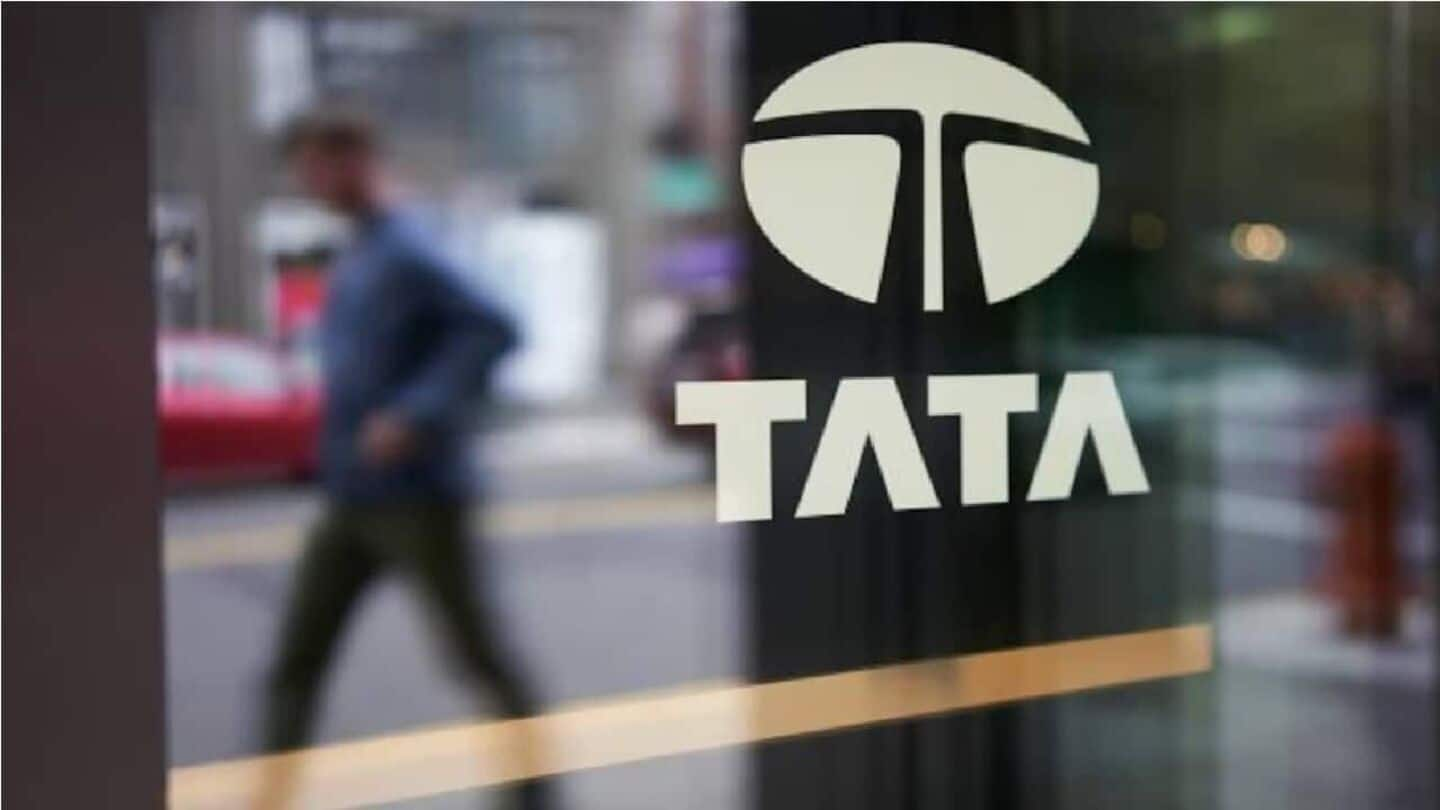
Tata Sons IPO may be delayed as RBI considers extension
What's the story
Tata Sons, the private holding company of India's salt-to-software conglomerate, is not preparing for a near-term share sale. The company is hopeful that Indian regulators will extend the deadline for its public listing. This comes after discussions with officials and an expectation of official communication from the Reserve Bank of India (RBI) granting an extension for an initial share sale.
Regulatory pressure
RBI classified Tata Sons as top-tier non-banking lender
The RBI had earlier classified Tata Sons as a top-tier non-banking lender, mandating it to list by September this year. However, the company has applied to deregister as a Core Investment Company under the shadow bank framework. Despite not being a customer-facing financial institution, Tata Sons controls stakes in over a dozen large listed Tata companies and is administered by Tata Trusts, a philanthropic arm with a 66% stake in Tata Sons.
Market impact
Delay in IPO could affect SP Group's plans
Going public would simplify the complex holding structure of the Tata Group. However, it could also make Tata Sons a target for takeover, something that its directors can currently veto. A delay in an initial public offering (IPO) could also affect debt-laden Shapoorji Pallonji Group's plans to sell its 18.37% stake in Tata Sons. The conglomerate has been struggling with financial stress since the COVID-19 pandemic and was looking to liquidate its stake as a key step toward reducing debt.
Financial strategy
Tata Sons cleared all debt from its balance sheet
Tata Sons cleared all debt from its balance sheet to avoid being included in the RBI's 2023 list of top Non-Banking Financial Companies. While the RBI has yet to decide on Tata Sons's status, Governor Sanjay Malhotra hinted at a differential regulatory framework for such entities. "It is dynamic," Malhotra said. "Policies have to change with the times, and so it is only in that context that we are going to review some of these policies related to Type-I NBFCs."